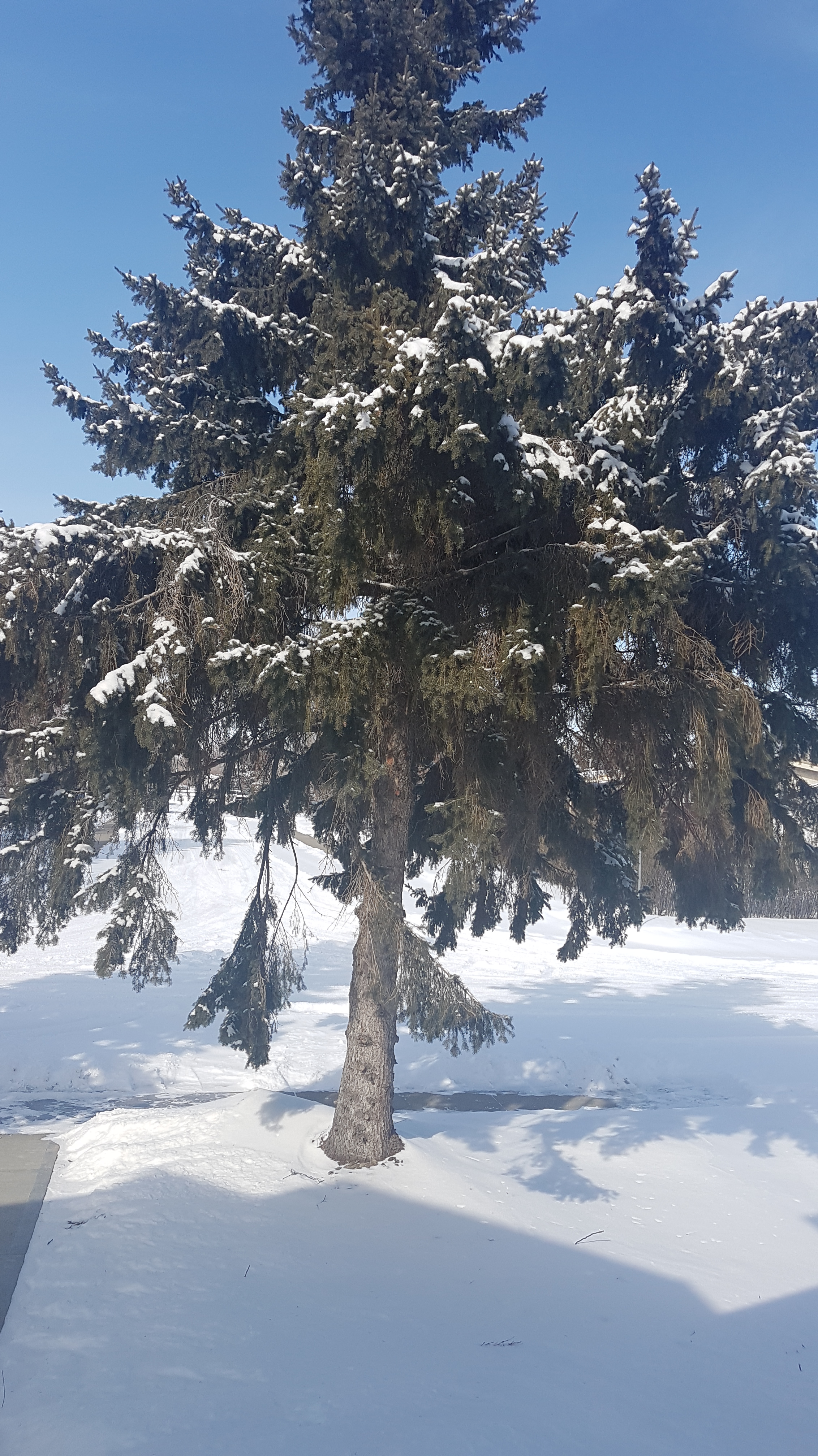It has been a couple of weeks since I posted and offer this poem.
Today, I read a short piece written by Parker Palmer that reminds me the miracle of Christmas is in the incarnation of God in human form. His essay reminds me of how, as a child growing up in Northern Alberta, Christmas provided a sense of wonder I could not explain and try not to as a rational adult.
Parker also posted on Facebook an event he experienced last year in Nogales Mexico at a house for asylum seekers. Asylum seekers is another way of saying they were seeking refuge. He points out Jesus was likely a person of colour. I take it one step further and point out he was a Jew and born into that faith. His birth was an ecunemical event, not a Christian one.
Carpenter guiding the way,
Expectant mother riding,
Backs straight; heads held high–
Donkey serving as regal carriage.
Seeking refuge from the night–
Giving birth in a stable,
Swathed and cradled in a manger,
Beasts welcoming the child.
Showering gifts upon us–
Returning each year,
Lighting the way–
Only asking, “Can you open your hearts?”
Source of strength,
Our turn to humbly receive gifts,
Restocking spirits,
Rejuvenating souls.
Kathy and I enjoyed Canadian Indigenous singer and actor Tom Jackson. Most years, he tours at this time of year and helps food banks. In the midst of Covid, we each have to find ways to share with those in need.
He does a lovely rendition of Huron Carole, which I share below. Again, this points to an ecunemical nature of Christmas, Christ’s Mass, echoing Parker’s remembrance of “the story, the music, the candlelight, the scent of pine, the silent night, the warm presence of family and friends.” For me, it was also the food and opening a present on Christmas Eve. The food included traditional French-Canadian tourtière (meat pie), which Kathy and I continue to share with our children and grandchildren.





